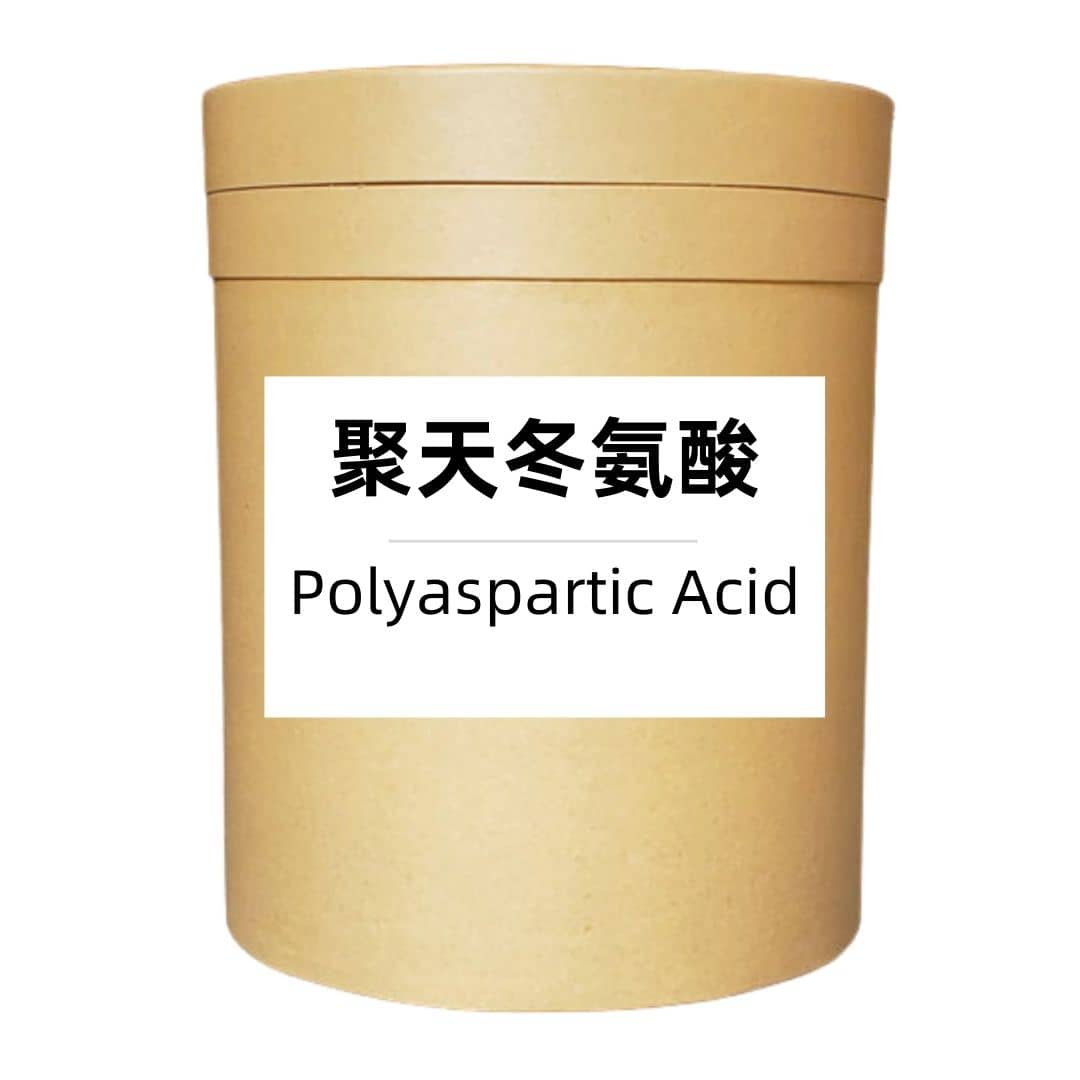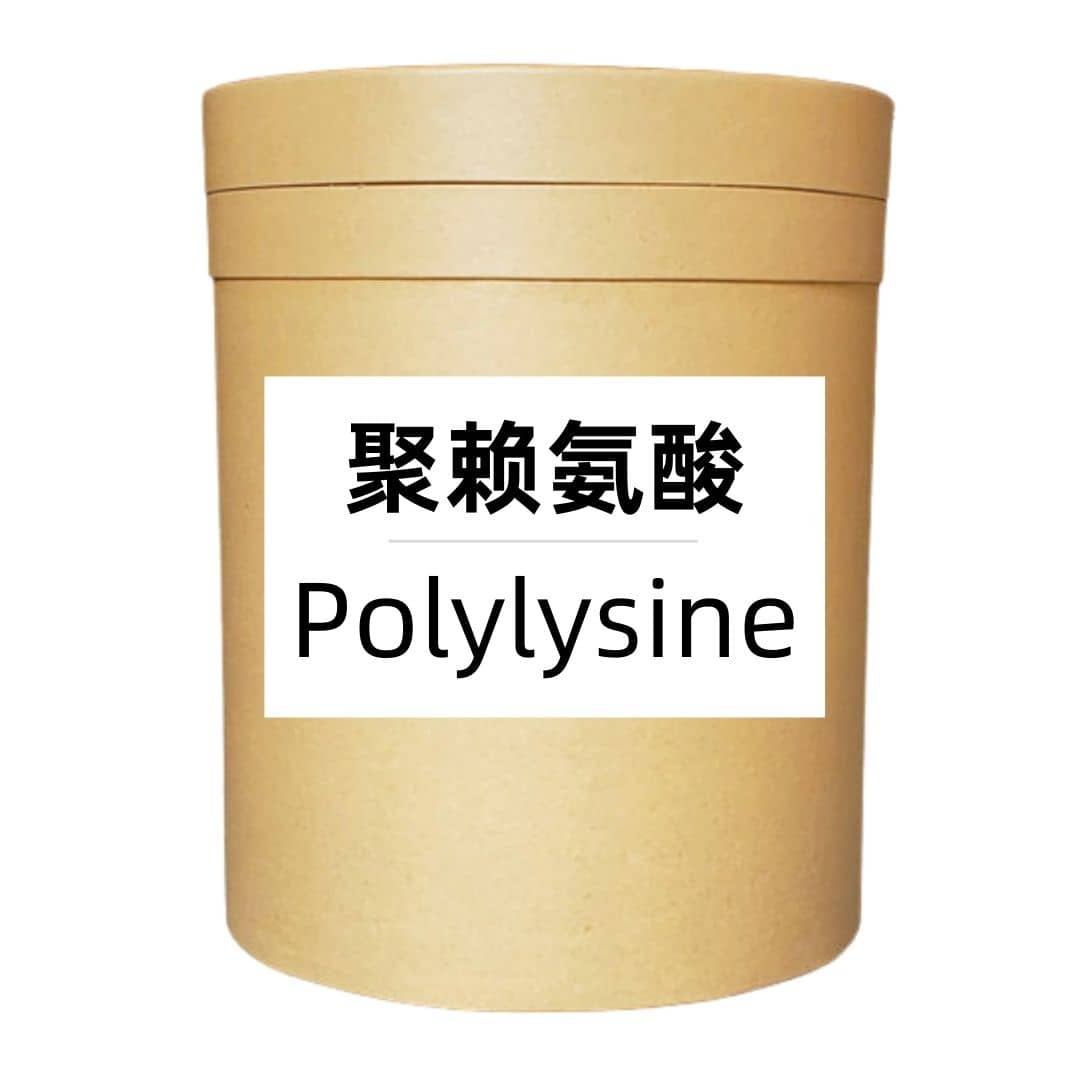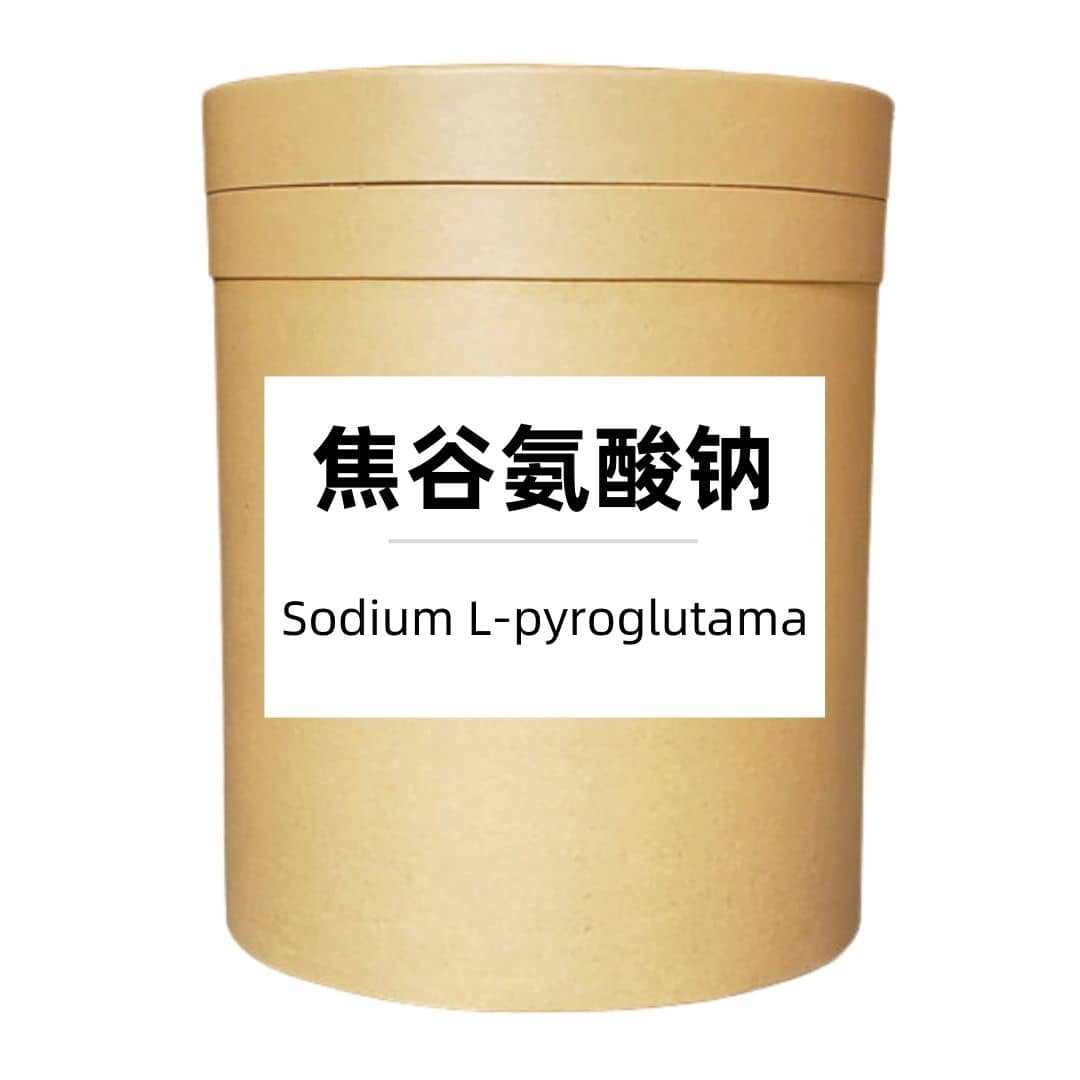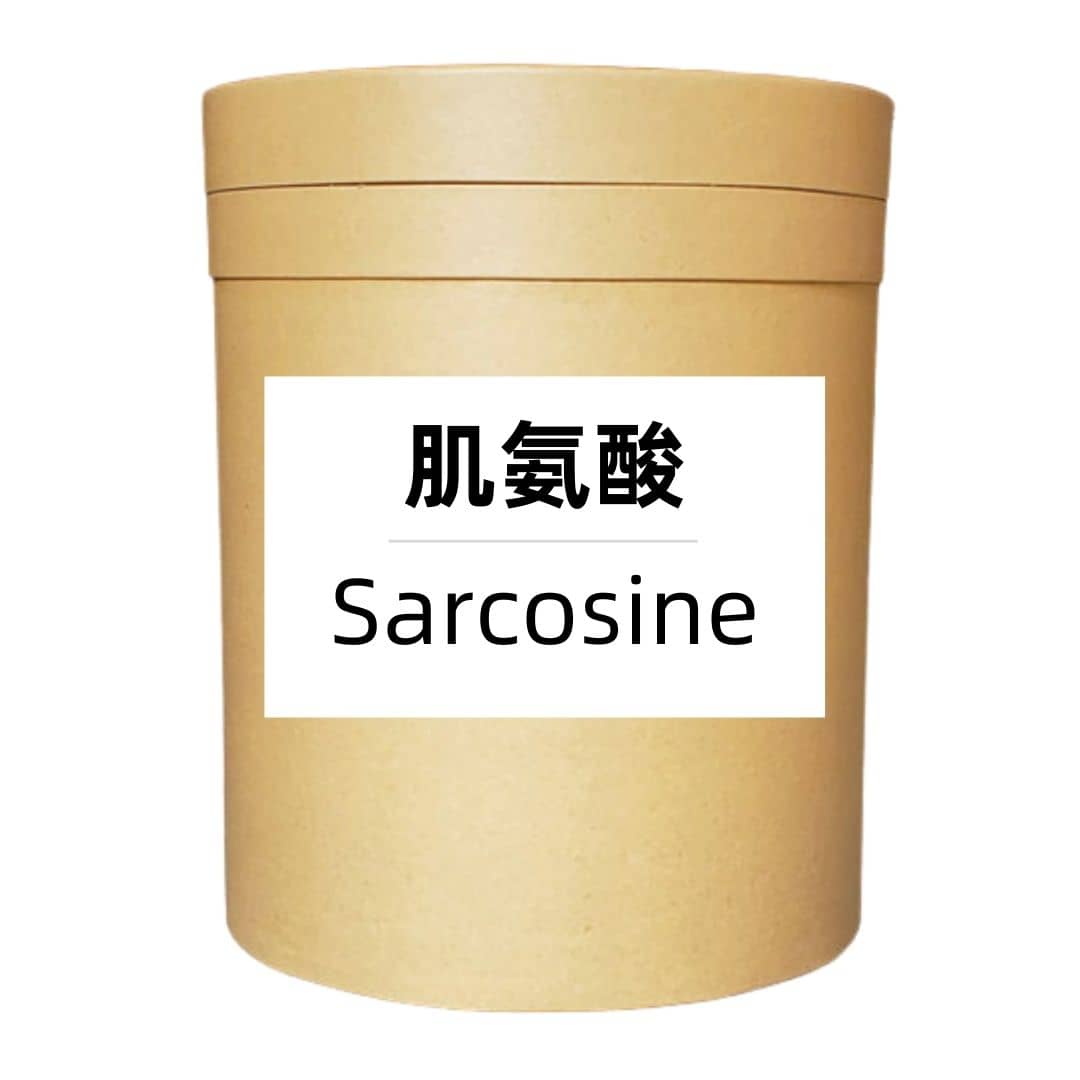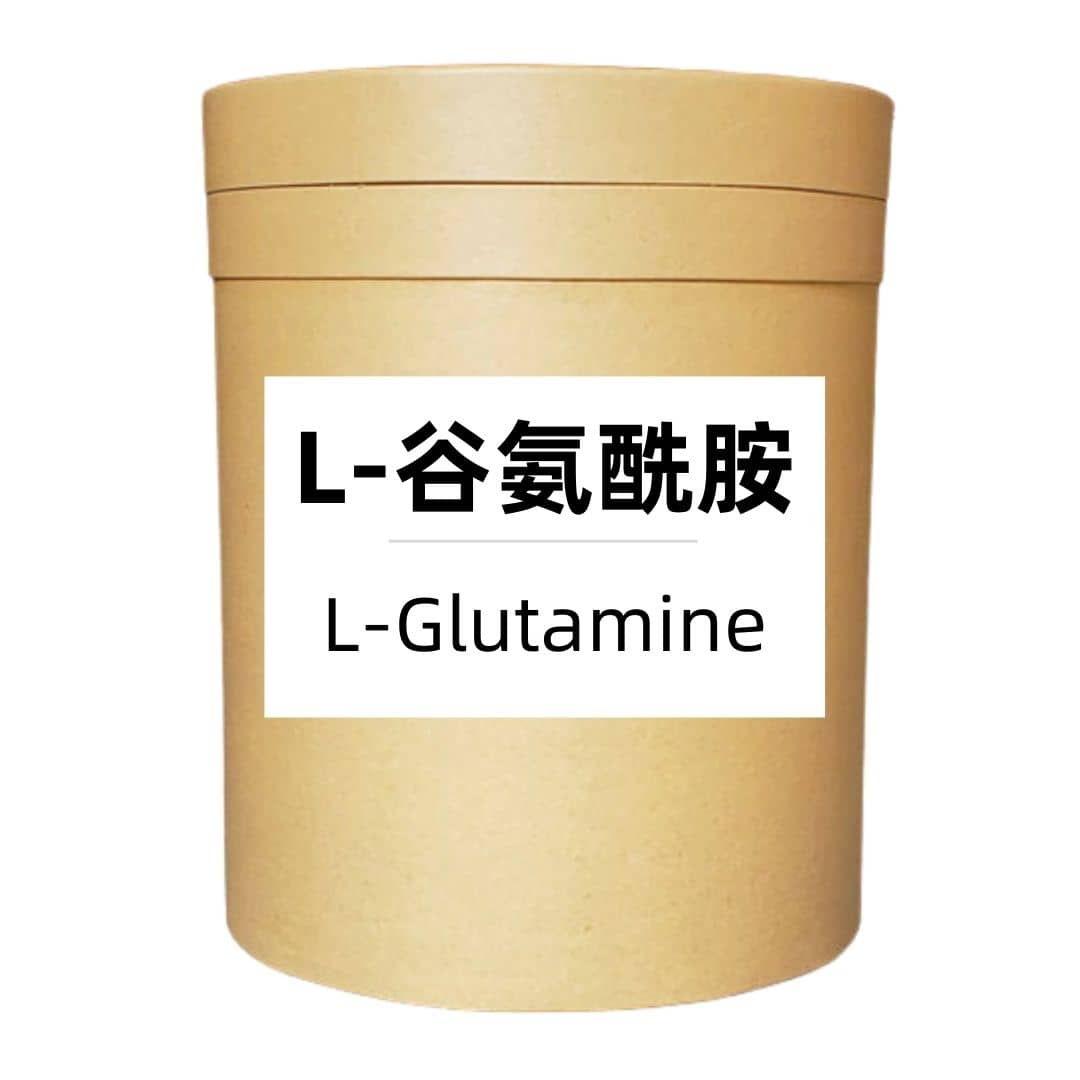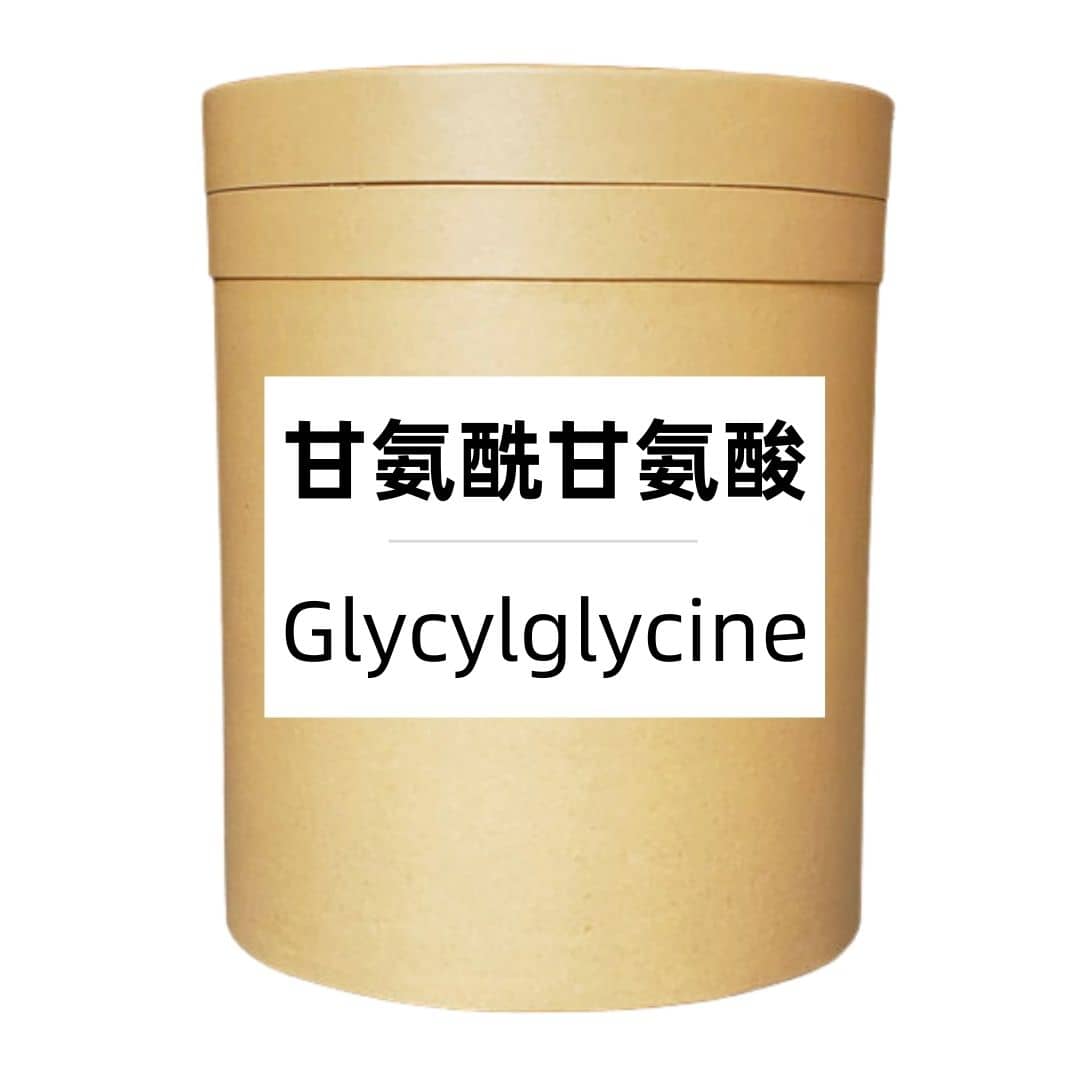Product Introduction
L-Cysteine hydrochloride monohydrate is a stable form of the amino acid L-cysteine bound to hydrochloric acid. It is considered an essential amino acid in certain situations, particularly for those with specific health conditions or dietary needs. This compound plays a critical role as a building block for proteins and is an important precursor for the synthesis of glutathione, a vital antioxidant in the body. Its availability in hydrochloride form enhances its solubility in water, making it suitable for various applications in both dietary supplements and industrial formulations.
Production Process
The production of L-cysteine hydrochloride monohydrate typically involves fermentation processes that utilize specific strains of bacteria. These bacteria are capable of converting organic substrates into amino acids. After fermentation, purification methods such as crystallization and filtration are used to isolate L-cysteine from the broth. The hydrochloride form is created by reacting L-cysteine with hydrochloric acid, resulting in the formation of a stable compound. Quality control measures ensure that the final product meets the required purity and safety standards for its intended use.
Effects and Functions
L-Cysteine hydrochloride monohydrate is known for its antioxidant properties, which help reduce oxidative stress in cells. It plays a key role in the production of glutathione, which assists in detoxification and immune function. This amino acid is also involved in the synthesis of keratin, making it beneficial for skin, hair, and nail health. Furthermore, L-cysteine may support respiratory function and pulmonary health by thinning mucus in the airways, facilitating easier breathing.
Application Scenarios
L-cysteine hydrochloride monohydrate is widely used in the pharmaceutical industry as a component in various medications and supplements that target antioxidant support or mucolytic effects. It is often included in formulations intended for conditions such as chronic obstructive pulmonary disease (COPD) and cystic fibrosis. In the nutrition sector, it is commonly found in dietary supplements that promote health and well-being. Additionally, in cosmetics, it is employed for its benefits to skin health, often appearing in products aimed at skin rejuvenation and repair.
Packaging and Storage
Storage Conditions: The product should be sealed, protected from light, kept away from high temperatures, and stored in a dry, cool, and well-ventilated place.
Packaging: Bulk: 25 kg per fiber drum. Sample: 1 kg per aluminum foil bag. Custom packaging is available upon request.
Shipping Methods: FedEx, DHL, dedicated logistics, and sea freight consolidation.
Shelf Life: Two years.
Monica Sun possesses extensive technical expertise and market insights in the food additives industry. She excels in designing efficient and safe additive formulations tailored to various food applications, ranging from sweeteners to functional dietary fibers. Monica has successfully assisted food manufacturers in optimizing ingredient combinations to enhance product quality and improve consumer satisfaction.









